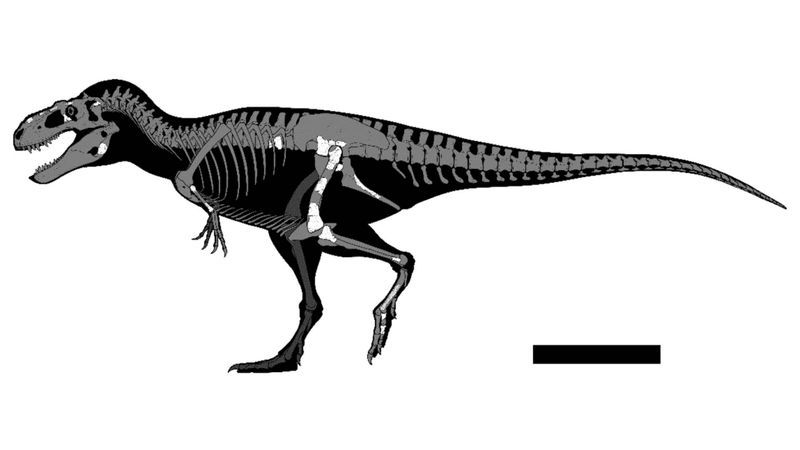The immortal jellyfish can cheat death by reverting to its earliest life form when its time is almost up. The remarkable adaptation has made it the subject of research into aging and regeneration, but even the immortal jellyfish can’t live forever.
Turritopsis dohrnii is very small, almost the size of a pinky nail, and it has remarkable regenerative abilities. It begins its life as an asexual polyp and later develops into its adult medusa form – a name that comes from the way grown-up jellyfish look a bit like Medusa with her snaky hair.
In your typical jellyfish lifetime, an individual can expect to hatch out of an egg that was fertilized with sperm, forming a zygote. This develops into a larva and drifts before attaching to the seabed and developing into a polyp. It then asexually reproduces and releases lots of tiny jellyfish from its body, which grow into adults and eventually die.
The immortal jellyfish follows the early steps about the same, but when it’s time to die, the adult does something very peculiar. Instead of dying, it reverses its life cycle, shrinking down to form a “cysto” sphere that attaches to the seabed and develops into a new polyp. This polyp then creates mini jellies, like a repeating cycle.
Unless the jellyfish get eaten or destroyed some other way, it can feasibly go on like this forever, which is why it’s described as being “biologically immortal”. The secret to the immortality of T. dohrnii is written in its DNA, but discovering it wasn’t easy.
The genome of the immortal jellyfish was deciphered in a grueling 2022 study that involved reading its genetic material gene-by-gene, like a huge instruction manual. Using various bioinformatics tools and comparative genomics (which compares the instruction manuals of different species), researchers discovered a number of variations that contribute to the immortal jellyfish's long life and regeneration.
They centered around DNA repair and replication, renewal of stem cell populations, cell-to-cell communication, and oxidative cell damage, as well as the maintenance of telomeres, chromosome ends that can unravel as animals age. These are all processes that are associated with longevity and healthy aging in humans. They also identified a series of changes in gene expression that – through a process known as dedifferentiation – allow the jellyfish to reset its biological clock.
However, for all its genetic quirks, even T. dohrnii does not live forever. In fact, the typical specimen has a much shorter life expectancy than your average human because no amount of Benjamin Button-ing can rescue you from the digestive enzymes of a turtle’s gut. Unlike their namesake, these medusae have little in the way of defence mechanisms, and the ocean is a dangerous place.
While the immortal jellyfish no doubt holds more keys to the secrets of antiaging, we’re never going to replicate the same steps in a human. But when you really think about it, in the immortal words of Queen, who wants to live forever?
“If Juan Ponce de León had known the secrets kept by Turritopsis dohrnii during his search for the fountain of youth, he would have been left parched,” wrote Daniel Maeso Miguel and Maria Pascual Torner, authors of the 2022 study. “And the alchemists would not have found the philosopher’s stone they so longed for.”
“That’s because, unfortunately, it wouldn’t be possible for a human body to replicate what the jellyfish does. Perhaps the only way to find such a fountain or stone is to realise that there is no life without death. That every system, like humanity or our own body, needs the death of some of its parts to remain in balance and survive.”




